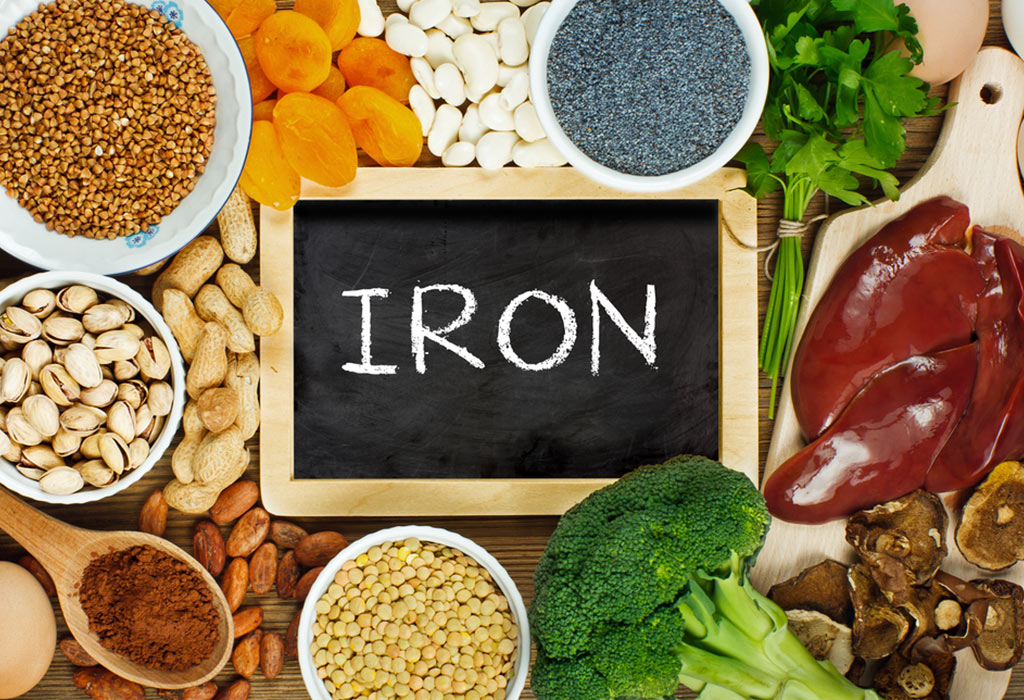Iron is an essential mineral that plays a critical role in the body’s physiological functions, particularly in the formation of red blood cells (RBCs). As a fundamental component of haemoglobin, a protein that carries oxygen from the lungs to tissues, iron’s significance in our overall health cannot be overstated. In this article, we will delve into the crucial role of iron in the body, its sources, the consequences of iron deficiency, and proper management to maintain optimal health.
The Essential Role of Iron in Red Blood Cells
Iron and Hemoglobin
Hemoglobin is a complex protein found in red blood cells that binds with oxygen and transports it throughout the body. Iron, located in the heme portion of hemoglobin, is vital for this binding process. It serves as a co-factor for the hemoglobin molecule, allowing it to pick up oxygen in the lungs and release it in the tissues that need it (Weiss & Goodnough, 2005).
Iron and Cellular Energy
Iron also plays a role in cellular respiration, helping cells produce energy. As part of various enzymes, iron contributes to the process of converting food into energy, a vital function for all cellular activities.
Sources of Iron: Where Does it Come From?
Dietary Sources
Iron is obtained mainly through diet. There are two types of dietary iron:
- Heme Iron: Found in animal products like meat, poultry, and fish, heme iron is more readily absorbed by the body.
- Non-Heme Iron: Found in plant-based foods like beans, lentils, and spinach, non-heme iron is less easily absorbed.
Iron Supplements
Supplements may be prescribed for those unable to obtain sufficient iron from diet alone, particularly for individuals with higher needs like pregnant women and those with certain medical conditions.
Consequences of Iron Deficiency
Anaemia
Iron-deficiency anaemia is the most common nutritional deficiency globally. Without sufficient iron, the body cannot produce enough haemoglobin, reducing oxygen-carrying capacity. Symptoms include fatigue, weakness, dizziness, and pallor (Lopez et al., 2016).
Impact on Immune System
Iron is also essential for immune system function. Deficiency can impair the immune response, increasing infection susceptibility (Nairz et al., 2016).
Managing Iron Levels: Achieving the Right Balance
Diagnosis and Treatment
Diagnosing iron deficiency requires blood tests that measure serum ferritin, haemoglobin, and other markers. Treatment typically involves dietary changes and supplementation under medical supervision.
Iron Overload: A Cautionary Note
While iron deficiency is a concern, iron overload can also lead to health problems. Conditions like hemochromatosis, where the body absorbs too much iron, can lead to liver damage, heart problems, and other issues (Bacon et al., 2011). Monitoring and managing iron levels are vital to prevent both deficiency and overload.
In Conclusion: Iron – A Vital Building Block
Iron’s role as a building block for red blood cells underscores its critical importance in human health. Ensuring proper iron intake through a balanced diet or supplementation when necessary is crucial for maintaining optimal energy levels, immune function, and overall well-being.
Remember, while iron is essential, its balance is delicate. Both deficiency and overload present health risks. Hence, self-prescription of supplements is discouraged. Working with healthcare professionals who can properly assess and manage individual iron needs ensures that this vital mineral serves its essential functions without leading to complications.







